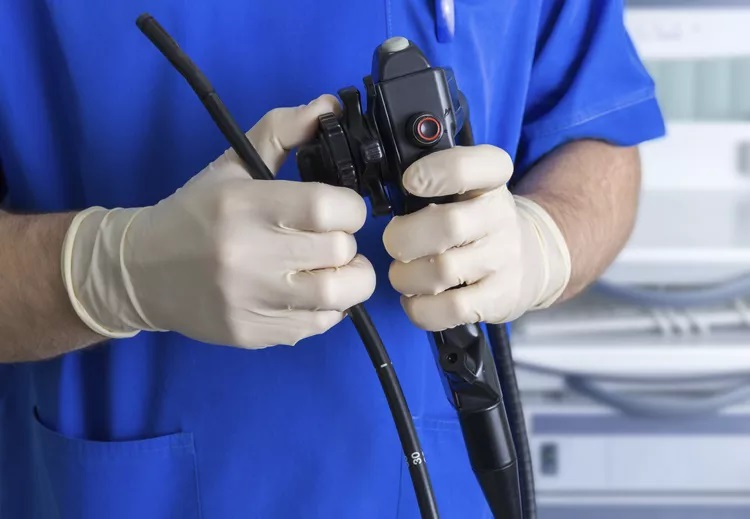
Endoscopy
Endoscopy can be used to look inside the body. We do not carry out endoscopic examinations in the office but only in the hospital.
The entrance is either the mouth [for the esophagus, stomach, duodenum (gastroscopy), bile and pancreatic duct (ERCP), and the small intestine (enteroscopy)] or the anus [for the rectum or the large intestine together with the lower end of the small intestine (coloscopy)] used.
An endoscopic examination is important to detect precursors of colon cancer and to be able to remove them before they develop. Colon cancer is the most common type of tumor in the gastrointestinal tract, affecting approximately one in 30 people over the age of 50 in Austria.
Our gastroenterologists only carry out endoscopic examinations in the hospital – depending on your wishes – in the Vienna General Hospital, the Rudolfinerhaus or the Döbling Private Clinic. Prof. Gasche has 30 years of experience in this field. Endoscopic examinations are usually safe, but can be uncomfortable or painful. That’s why we use sleeping pills and sedatives to make our patients feel comfortable.
Special interventions affect patients with large polyps (mucosal resection), constrictions in the intestines in Crohn’s disease (dilatation), biofilm formation in irritable bowel syndrome/SIBO (bioflush) and severe damage to the intestinal flora in resistant clostridial infections, ulcerative colitis and irritable bowel syndrome/SIBO (fecal microbiota transfer). We developed the endoscopic removal of biofilms (bioflush).
Information on how to prepare for a colonoscopy can be found here.


